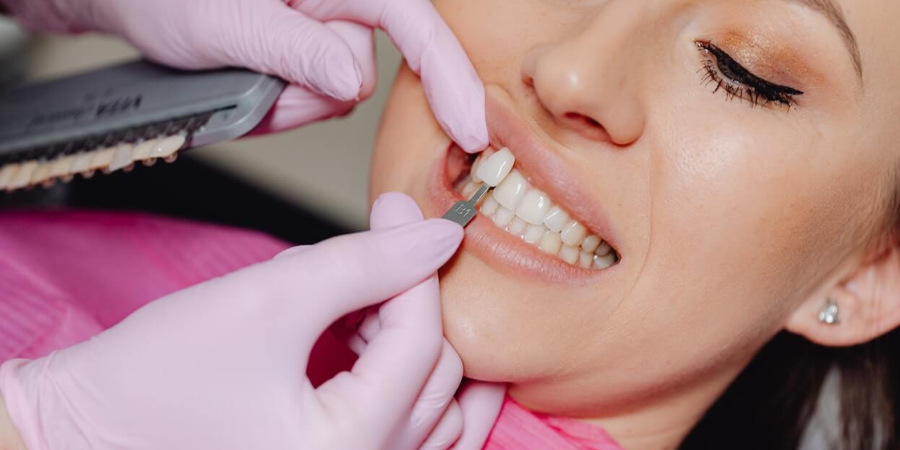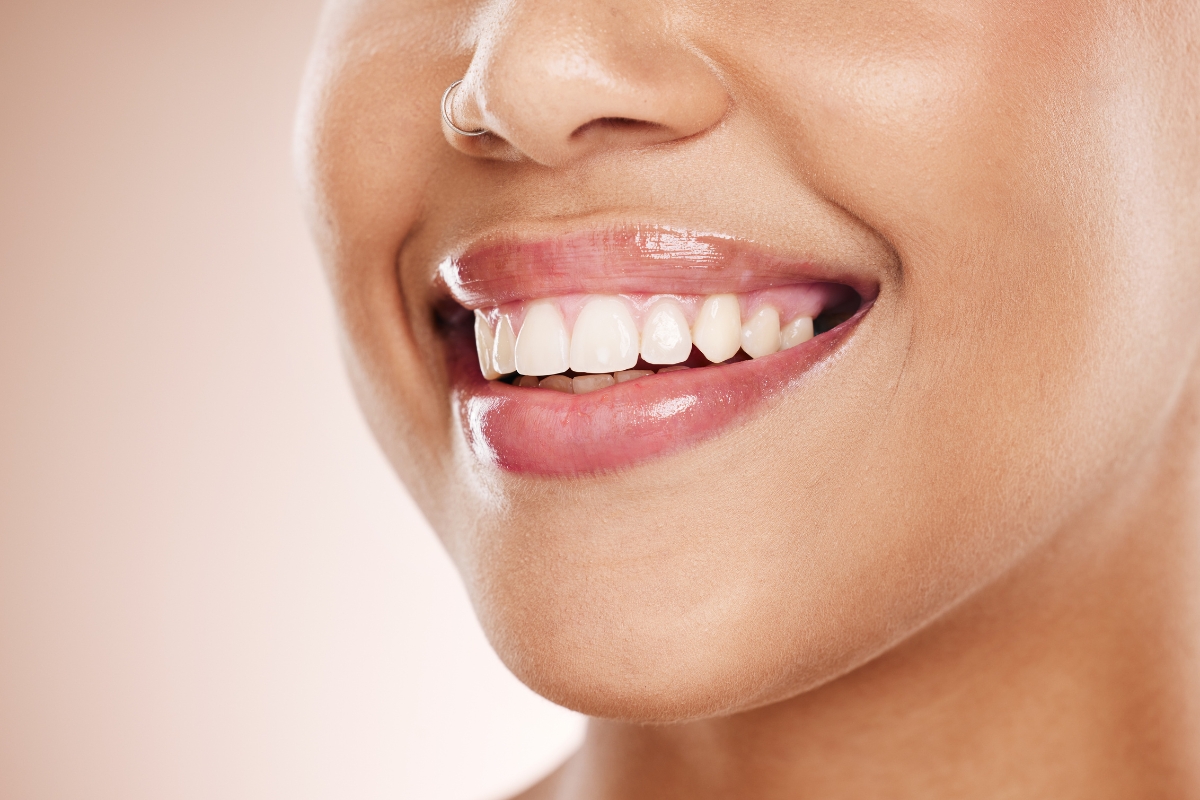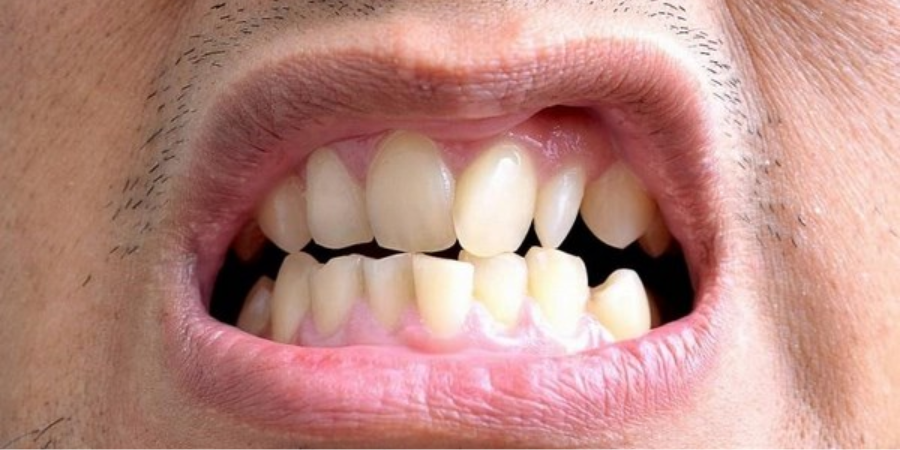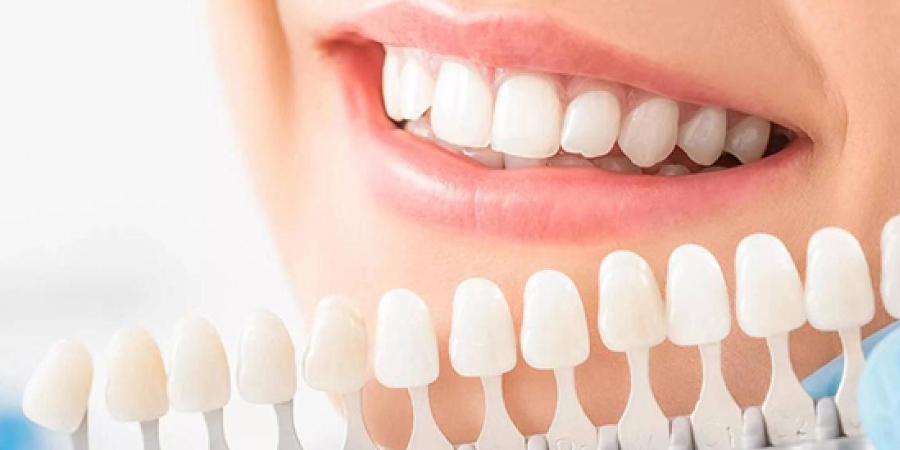
When it comes to enhancing your smile, porcelain veneers are a popular and transformative solution. They correct imperfections like chips, discoloration, and gaps while offering a stunning, natural look.
But before you make the leap, one question might linger in your mind: how long do porcelain veneers really last?
Understanding their durability is crucial to making an informed decision and enjoying the full benefits of your investment.
In this blog, we’ll dive into the details that matter most about porcelain veneers. You’ll learn what influences their lifespan, how proper care can extend their durability, and the telltale signs that a replacement might be needed.
Whether you’re considering veneers or already have them, this guide will provide valuable insights to help you maintain a radiant, long-lasting smile. Let’s explore everything you need to know about the durability of porcelain veneers!
What Are Porcelain Veneers Made Of?
Porcelain veneers are crafted from high-quality dental porcelain, a material known for its strength and natural resemblance to enamel. Porcelain offers exceptional durability, making it ideal for long-term cosmetic treatments. But why is porcelain preferred over alternatives like composite resin?
- Porcelain mimics the translucency of natural teeth for a seamless appearance.
- It resists stains better than composite resin, maintaining its brightness over time.
- The material is highly durable, ensuring your veneers can handle daily use.
- Porcelain veneers offer both aesthetic appeal and functional benefits, making them a top choice for smile makeovers.
If you’re looking to enhance your smile with porcelain veneers in Valley Center KS, their durability and visual appeal make them a trusted solution.
Average Lifespan of Porcelain Veneers
Porcelain veneers typically last 10-15 years with proper care, and some even exceed this range. Their longevity depends on the materials used, placement, and your oral habits. By practicing good oral hygiene, you can enjoy a radiant smile for years.
- With daily brushing and flossing, veneers stay clean and healthy.
- Avoiding abrasive toothpaste helps preserve the surface.
- Regular dental visits catch potential issues early.
- A balanced diet reduces wear and tear on veneers.
Factors That Affect the Longevity of Porcelain Veneers
Several factors influence how long your porcelain veneers last. Your lifestyle choices, oral health habits, and unexpected incidents all play a role in their durability. Here’s a closer look:
- Daily oral hygiene, like brushing and flossing, prevents damage.
- Diets high in acidic or staining foods can impact veneer quality.
- Bruxism, or teeth grinding, can cause premature wear.
- Trauma or injury to the mouth may lead to chips or cracks.
The Role of Quality and Placement in Veneer Durability
The expertise of your cosmetic dentist and the materials used are critical to veneer longevity. Proper placement ensures a secure fit, making your veneers look natural and last longer.
- High-quality porcelain enhances durability and aesthetics.
- Expert bonding techniques prevent veneers from loosening.
- A precise fit reduces the risk of damage or discomfort.
- Experienced cosmetic dentists tailor veneers for lasting results.
Signs That Your Veneers May Need Replacement
Even the most durable porcelain veneers eventually need replacement. Recognizing early signs helps prevent further dental issues and ensures your smile is perfect. Look out for:
- Visible chips, cracks, or discoloration.
- A loose fit or discomfort when chewing.
- Noticeable wear and thinning of the veneer edges.
- Reduced bonding strength over time.
If you notice any of these issues, it’s time to consult your dentist for an assessment and replacement options.
Tips for Prolonging the Life of Porcelain Veneers
Maintaining your porcelain veneers doesn’t require much effort, but small habits can make a big difference. Follow these practical tips to keep them in top condition:
- Brush twice daily with a soft-bristled toothbrush and non-abrasive toothpaste.
- Floss gently to protect the veneer edges.
- Avoid chewing on hard items like ice or pens.
- Schedule regular dental check-ups for professional cleanings and inspections.
Porcelain veneers are more than just a cosmetic solution—they’re an investment in your confidence and long-lasting smile. Understanding their durability and the factors that affect their lifespan helps you make informed decisions about your oral care. Adopting good habits and consulting a dentist can maximize their longevity and maintain a flawless smile. Whether you’re considering veneers or looking to care for existing ones, taking proactive steps ensures your smile stays radiant and durable for years to come.


